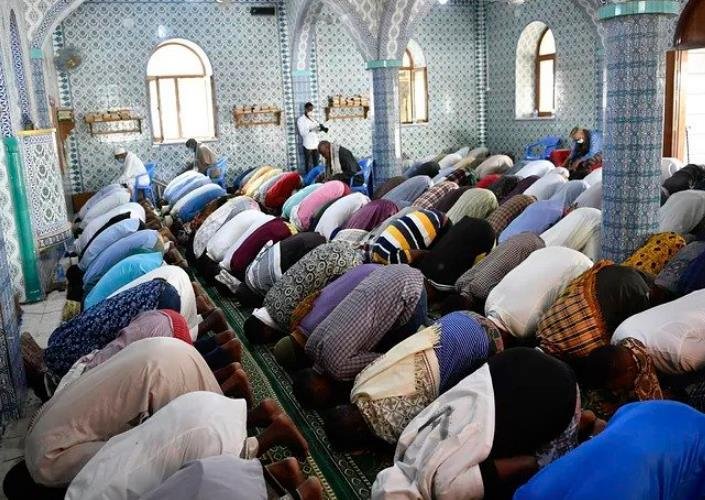As the crescent moon heralds the arrival of Eid-ul-Fitr, marking the end of Ramadan, the banking sector in various states of India prepares for a brief pause. This article explores the impact of the festival on banking operations and the spirit of the occasion that transcends business as usual.
Eid-ul-Fitr, a time of joy and family reunions, prompts banks to close their doors, allowing employees to partake in the festivities. The Reserve Bank of India (RBI) has announced that banking operations will halt on April 11th and 12th in observance of the festival, reflecting the nation’s respect for cultural diversity and traditions.
The closure not only accommodates the celebrations but also acknowledges the significance of Eid-ul-Fitr in the social and cultural fabric of the country. It’s a period when financial transactions give way to communal prayers, feasts, and charitable acts, embodying the essence of the festival.

The Economic Pause
The temporary cessation of banking activities during Eid-ul-Fitr is a testament to the festival’s widespread observance. While essential services remain accessible through digital platforms, physical branches experience a two-day hiatus, underscoring the balance between economic activity and cultural observance.
This pause is a reminder of the human element in the world of finance, where even the relentless pace of economic transactions bows to the rhythm of cultural celebrations. It’s a time when the focus shifts from ledgers and loans to reflection, gratitude, and community.
Resuming with Renewed Zeal
Post-Eid, banks resume operations with renewed vigor, reflecting the refreshed spirit of their workforce. The brief interlude does not dampen the sector’s dynamism but rather reinforces the commitment to serve with a sense of shared humanity and cultural solidarity.
The festival’s conclusion marks a return to routine, but the shared experiences of Eid-ul-Fitr resonate within banking halls, fostering a workplace environment enriched by cultural understanding and mutual respect.








